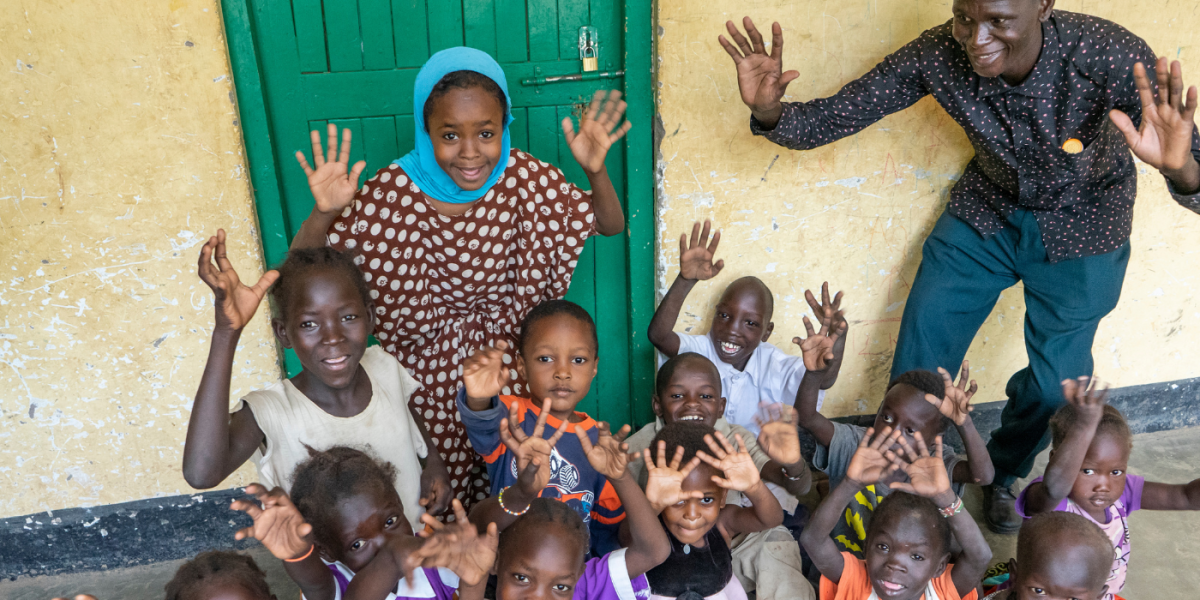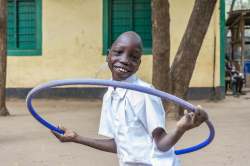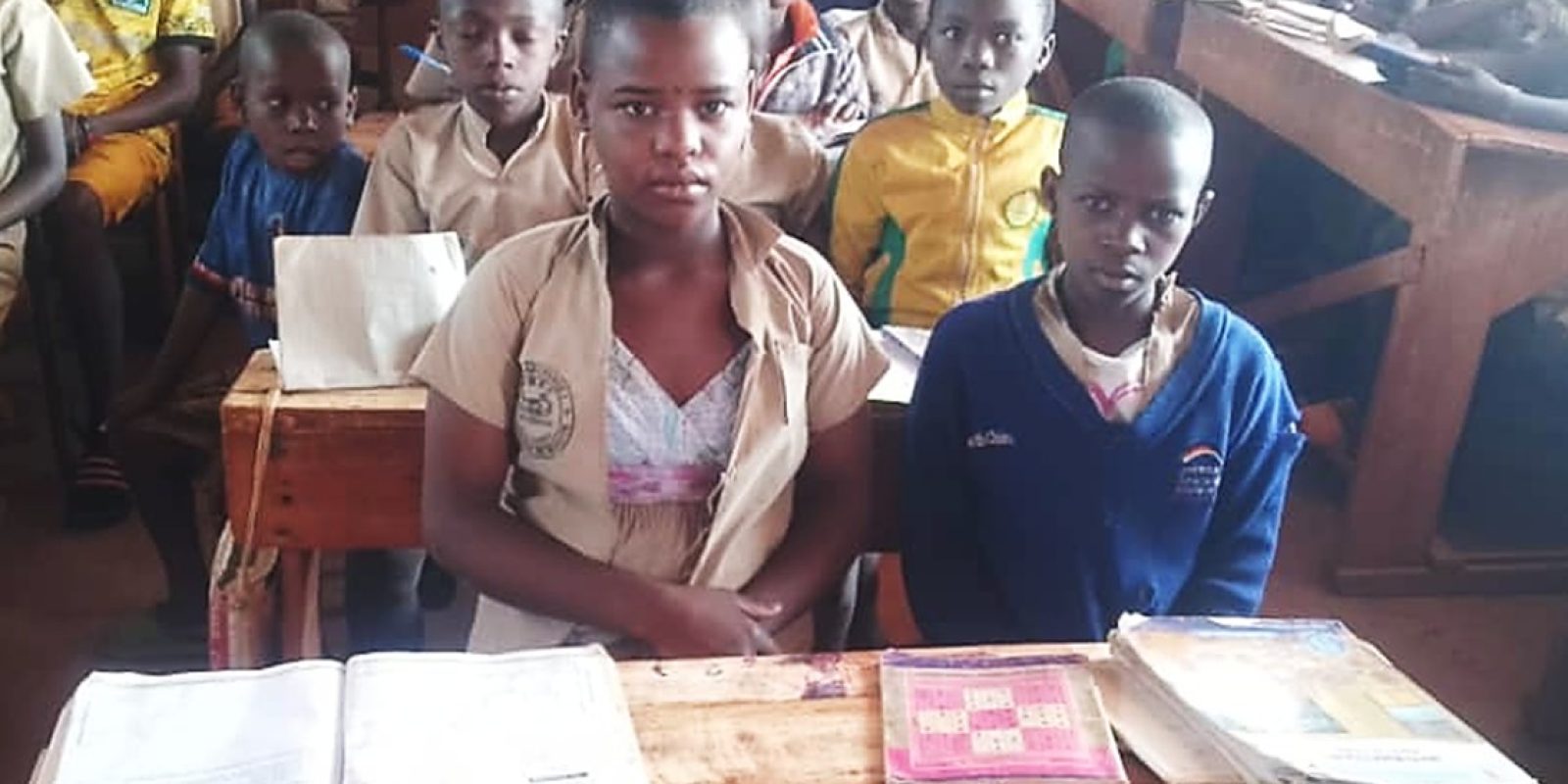Creating Inclusive Spaces for People with Autism: Kakuma Refugee Camp
04 April 2024|Rozine Irabaruta

In a world that celebrates diversity, it’s crucial to ensure that every individual feels included, regardless of their differences. For people with autism, creating inclusive spaces can make a world of difference in their daily lives. We should start by creating an inclusive environment and educating ourselves about autism hence how to deal with refugees with autism. Understand the characteristics and challenges faced by individuals on the autism spectrum. This knowledge will help you become more empathetic and better equipped to provide support.

Embrace neurodiversity by promoting acceptance and understanding among your community or organization. Encourage open discussions about autism and discourage stereotypes or stigmas. Individuals with autism may have difficulty understanding social cues or non-verbal communication. Therefore, it’s essential to provide clear and direct communication. Use simple language, avoid idioms or metaphors, and provide visual aids if necessary. Consider making your space sensory-friendly by minimizing loud noises, bright lights, or overwhelming smells. Provide quiet areas or sensory-friendly tools like noise-canceling headphones or fidget toys.
Structure and routine can provide a sense of security for individuals with autism. Be flexible and accommodating to their needs, while also maintaining a predictable environment whenever possible. Communicate any changes in advance and provide visual schedules or timers to help them prepare. Foster social interactions by promoting inclusive activities that cater to the interests and strengths of individuals with autism. Encourage peer support and provide opportunities for meaningful connections. If you’re managing a business or organization, provide training for staff and volunteers on how to interact with individuals with autism. Offer strategies for communication, behavior management, and creating inclusive environments.

Every person with autism is unique, with their strengths, challenges, and preferences. Listen to their needs and preferences, and respect their differences. Avoid making assumptions and instead, focus on building meaningful connections based on mutual understanding and respect.
One way to honor Autism Awareness Day is by recognizing individuals and organizations who have made outstanding contributions to the autism community. Whether it’s through innovative research, advocacy efforts, or creating inclusive environments, countless individuals and groups are making a positive impact in the lives of those with autism. Let this day serve as a reminder that autism is not a limitation but a part of human diversity. By working together to foster a culture of acceptance and inclusion, we can create a brighter and more inclusive future for individuals with autism and their families.



